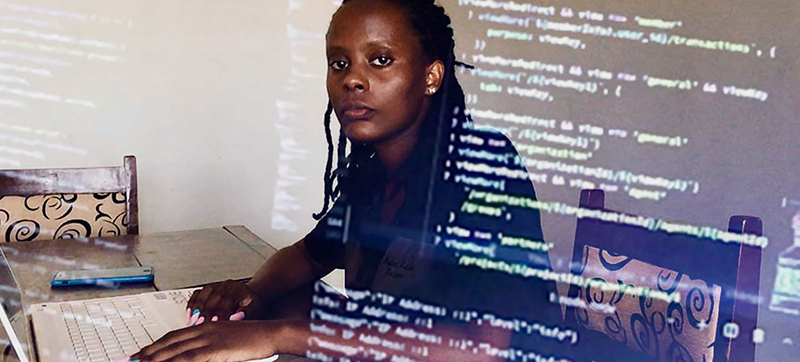 AI
AI
UNESCO calls for regulations on AI use in schools
The UN Educational, Scientific and Cultural Organization (UNESCO) on Thursday called on governments to regulate the use of Generative Artificial Intelligence (GenAI) in education and research, including age limits for users.
The agency is also calling for guardrails on data protection and user privacy.
Publicly available GenAI tools, such as ChatGPT, can produce automated text, images, videos, music and software code. The platforms have evolved rapidly and are already in use by hundreds of millions around the world, including many students.
However, very few countries have policies in place to ensure safe and ethical use of AI tools.
‘Harm and prejudice’
“Generative AI can be a tremendous opportunity for human development, but it can also cause harm and prejudice,” Audrey Azoulay, UNESCO Director-General, said in a news release.
“It cannot be integrated into education without public engagement, and the necessary safeguards and regulations from governments. This UNESCO Guidance will help policymakers and teachers best navigate the potential of AI for the primary interest of learners.”
Key steps
UNESCO’s guidance, the first attempt to create a global standard, suggests immediate steps that can be taken to ensure a human-centric vision for new technology use.
This includes mandating the protection of data privacy and considering an age limit of 13 for their use in the classroom. It also outlines requirements for GenAI providers for ethical and effective use.
The guidance stresses the need for educational institutions to validate AI systems for student use.
Digital Learning Week
The Guidance was released during the first ever Digital Learning Week, a flagship UNESCO’s event.
Over 1,000 participants discuss public digital learning platforms and GenAI and their use to reinforce and enrich learning.
The event also highlighted other important guidance produced by UNESCO in education, including information and communication technologies (ICT) in education policies, education and blockchains, and an assessment of government-endorsed K-12 AI curricula.
Support Our Journalism
We cannot do without you.. your contribution supports unbiased journalism
IBNS is not driven by any ism- not wokeism, not racism, not skewed secularism, not hyper right-wing or left liberal ideals, nor by any hardline religious beliefs or hyper nationalism. We want to serve you good old objective news, as they are. We do not judge or preach. We let people decide for themselves. We only try to present factual and well-sourced news.







